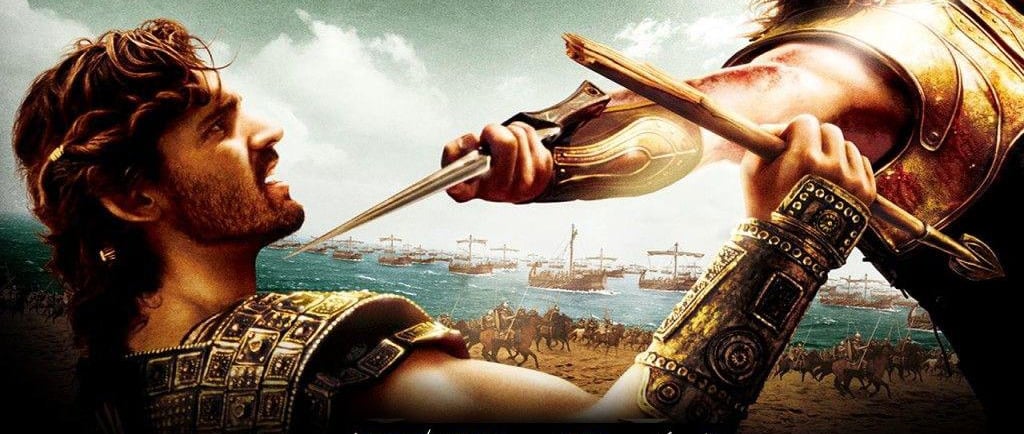Hector, Achilles, and the Gospel — A Reflection on Courage and Calling
REFLECTIONS
Prince Leunado
7/29/20252 min read


Who has seen the movie Troy?
It’s a stunning retelling of Greek mythology, filled with war, honor, betrayal, and sacrifice. But beyond the swords and spears, there’s a story that still speaks to us today, especially those of us called to live for something greater than ourselves.
Let me walk you through it.
Achilles, the greatest warrior of the Greeks, was said to be invincible. His mother, Thetis, dipped him into a sacred pool to make him immortal. But she held him by his heel, and that part of his body never touched the water. That one spot, his heel, remained vulnerable.
And so, the term “Achilles’ heel” was born.
It’s now used to describe a person’s greatest weakness.
“The Achilles’ heel of the relationship was poor communication,”
“His pride was his Achilles’ heel,”
“Their lack of unity was the Achilles’ heel of the team.”
Now back to the story.
Hector, prince of Troy, was a noble warrior. He and his brother Paris went to Sparta on a diplomatic journey. But Paris, driven by passion, brought back Helen, the Queen of Sparta, to Troy. That single act ignited a war that lasted ten years.
Troy had never fallen; its walls were legendary. But the Greeks, led by kings and warriors, saw this as the ultimate conquest.
In one of the battles, Hector unknowingly killed Achilles’ beloved cousin, Patroclus, who had disguised himself in Achilles’ armour. When Hector realised what he had done, he knew what was coming.
Achilles would come for him.
Hector went home, said his goodbyes, and set his house in order. Then he walked to the gates of Troy, knowing full well that Achilles was waiting, and that this fight would likely be his last.
Now here’s the part that gripped me.
Hector could have stayed behind the walls,
He could have refused the challenge,
He could have lived,
But he chose to face death with honour.
He knew Achilles was nearly immortal,
He knew the odds were against him,
But he still went.
And though he died, his bravery is still celebrated in Greek mythology. His name lives on, not because he won, but because he stood.
The Gospel Parallel
As I reflected on Hector’s story, I couldn’t help but think of our calling as children of God.
Would you still go on that mission if it meant death?
Would you still preach if it meant persecution?
Would you still obey if it meant losing comfort?
Missionaries gave everything for the gospel to reach us,
Some left their families,
Some died in foreign lands,
Some were never celebrated,
But they went.
There’s a song we sing,
“Anywhere with Jesus, I will go,”
But do we mean it?
Or do we sing it until the cost becomes real?
Paul said in Philippians 1:21,
“For to me, to live is Christ and to die is gain.”
That’s not just poetry; it’s purpose.
Jesus didn’t just die for us, He walked toward death knowing what it would cost,
He didn’t hide behind heaven’s walls,
He came down,
He stood in our place,
He faced the cross.
“Greater love has no one than this, that someone lay down his life for his friends.” — John 15:13
Final Reflection
So here’s the question,
Will you still go, even if it costs you everything?
Will you be like Hector, brave enough to walk toward the battle, even when survival means staying silent?
Will you be like Jesus, willing to be the ransom, even when the world doesn’t understand?
Let this truth sink deep,
To live is Christ; to die is gain.
And if we truly believe that, then our lives must reflect it, not just in songs, but in sacrifice.


